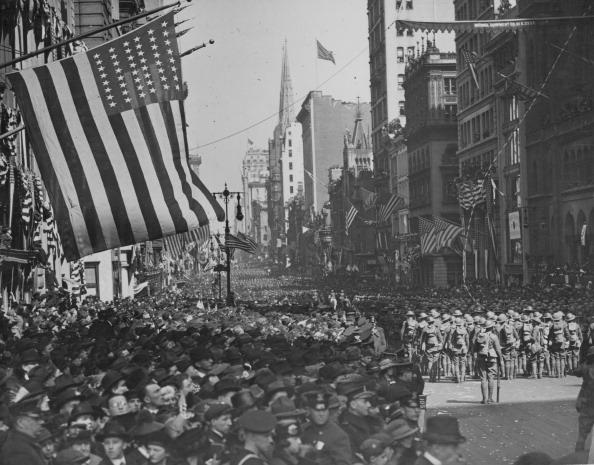On the 11th hour of the 11th day of the 11th month of 1918, the Great War came to an end. Though historians are still quarreling over the figures, the “war to end all wars” had killed at least 8 million military personnel and 6.6 million civilians. Less than 30 years later, another and far deadlier war would change the name of the Great War to World War I.
From that November date evolved what we now call Veterans Day. In 1919, President Woodrow Wilson proclaimed November 11 “Armistice Day,” a time to commemorate those who had died in the war and to feel grateful for their victory.






